

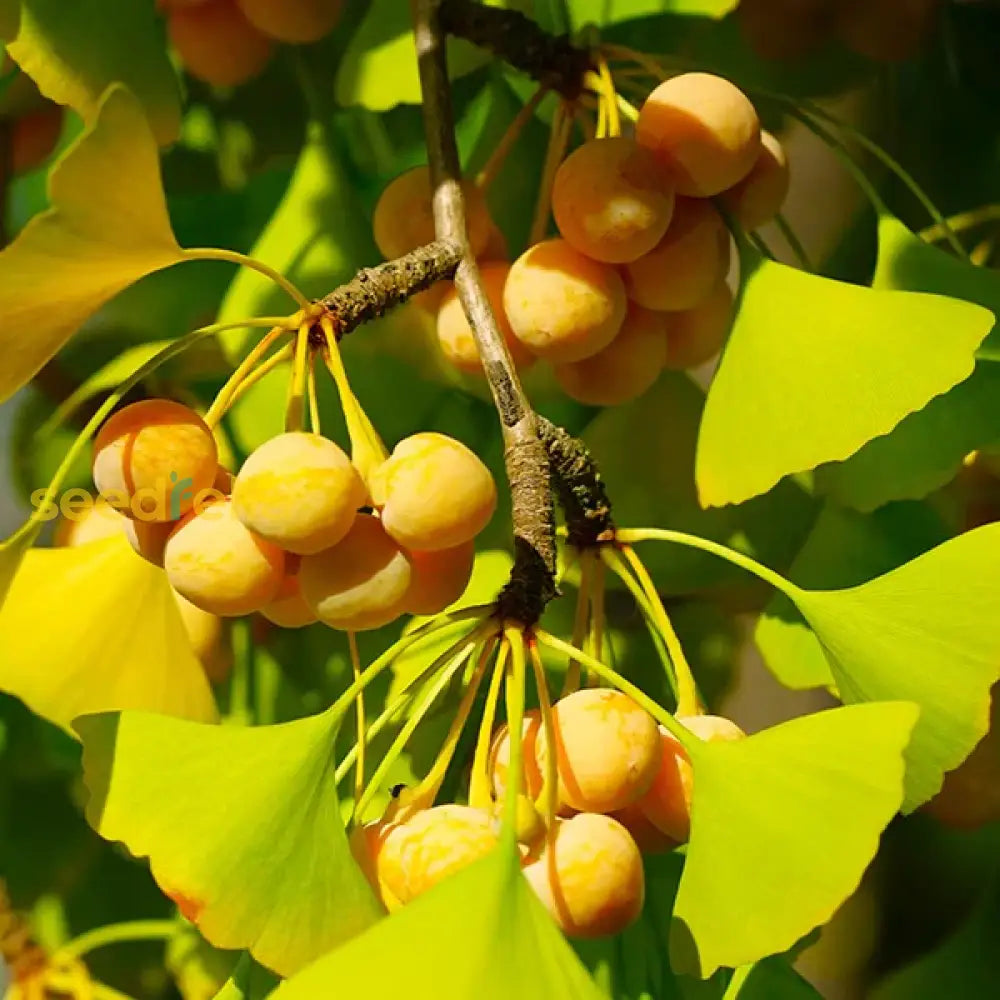
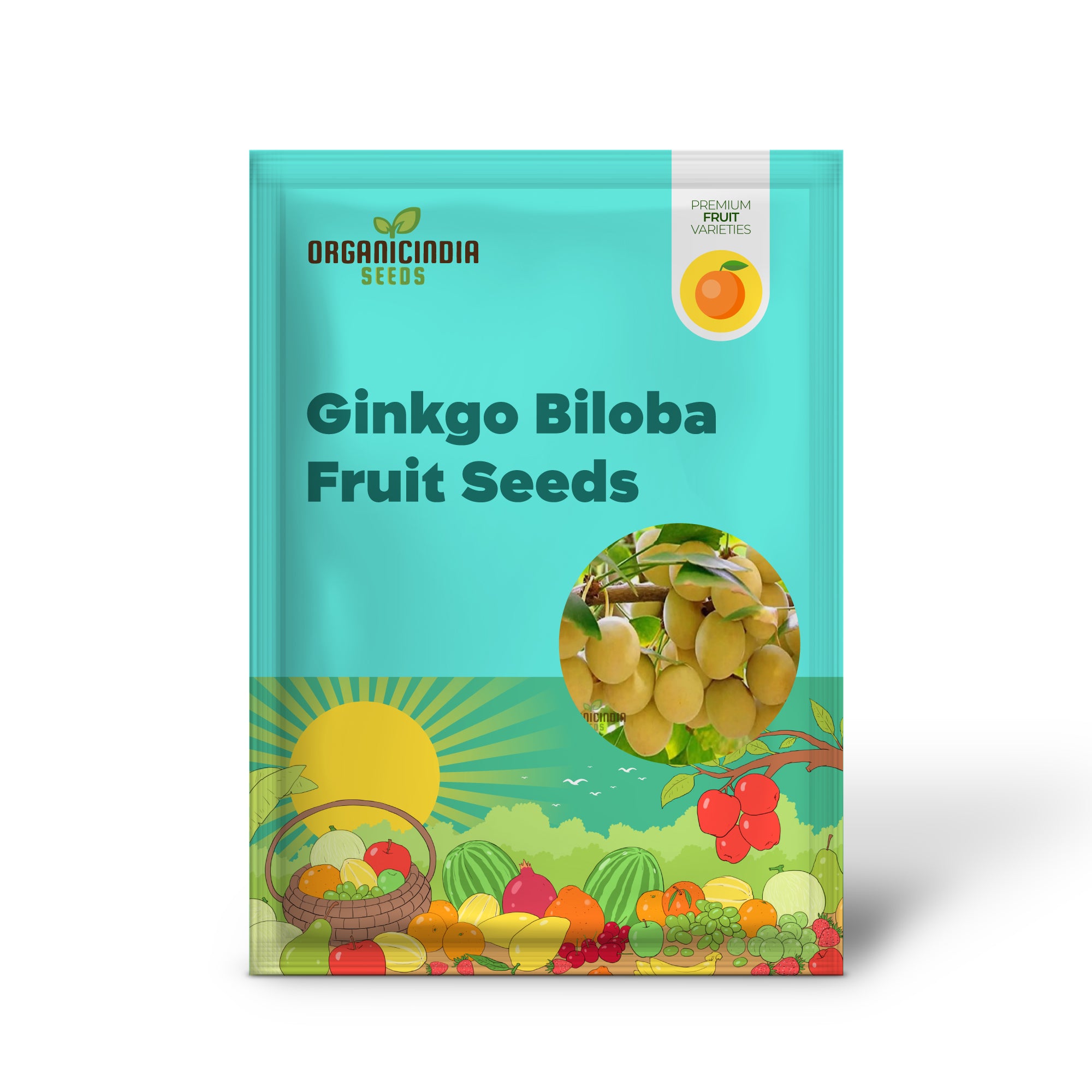
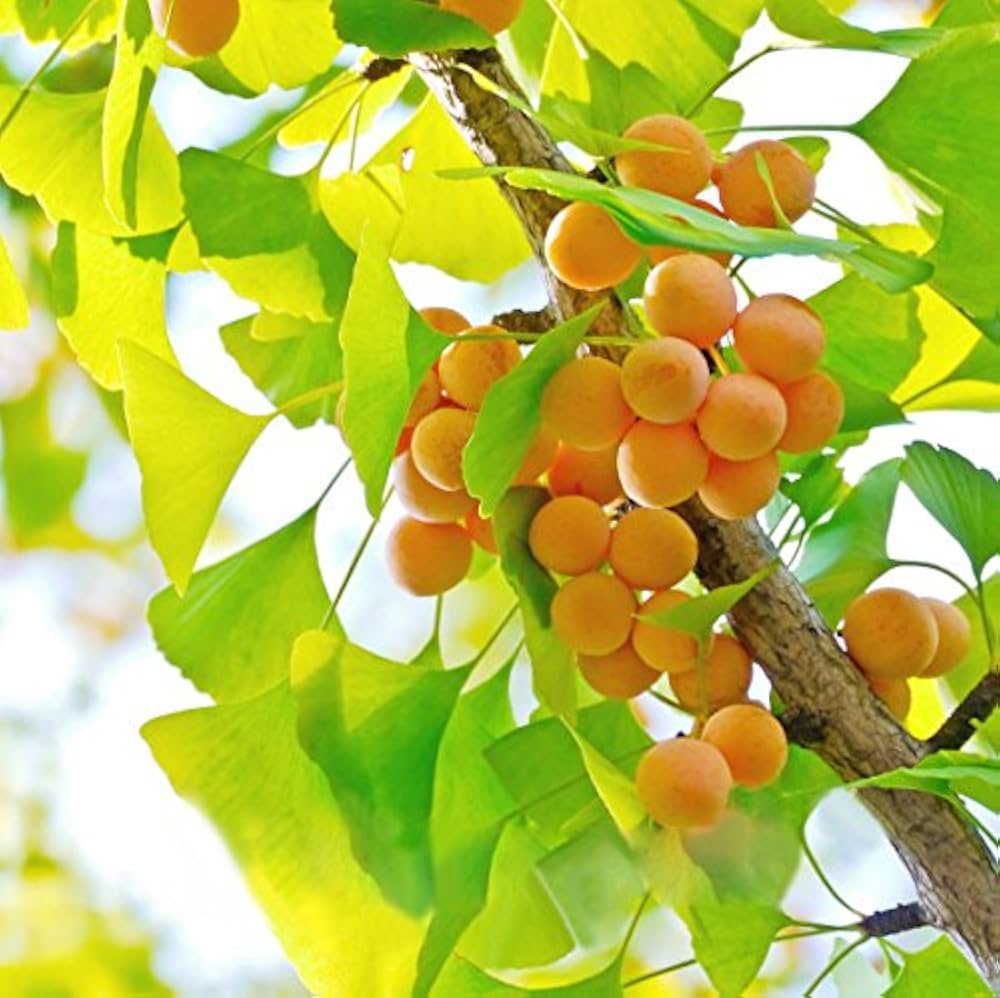
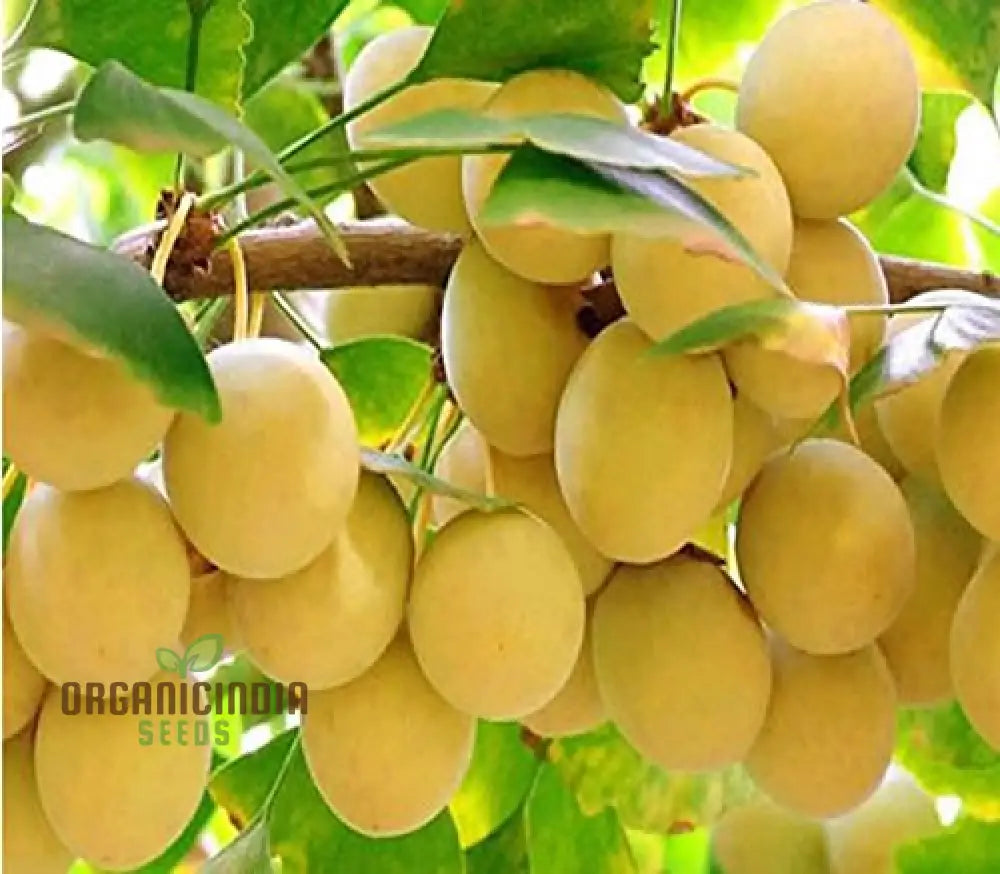
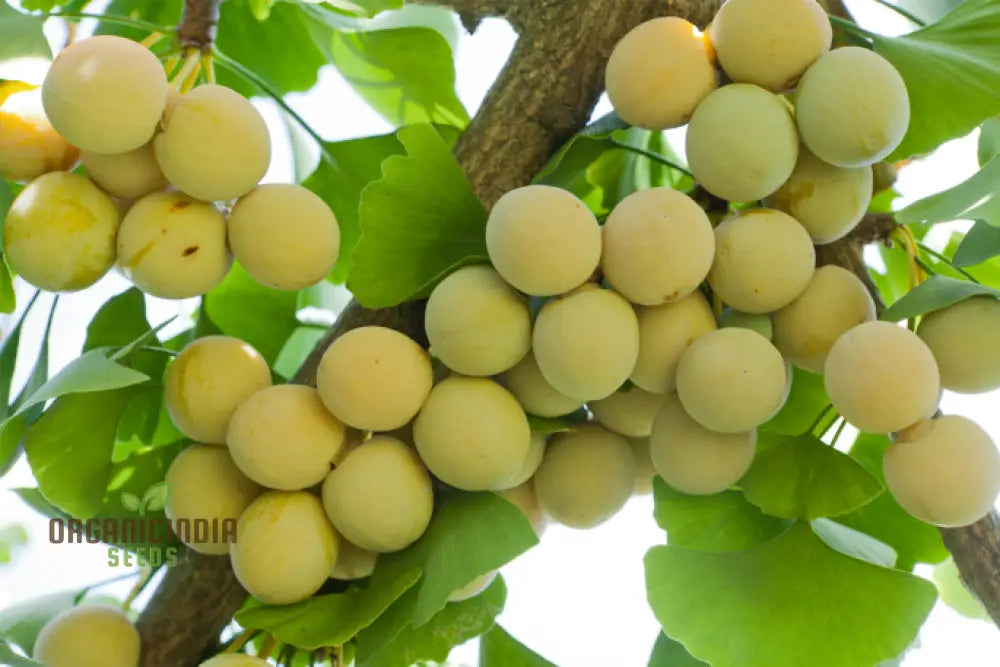
Free Shipping
Safe & Secure Payments
Bring history to your garden with Ginkgo Biloba Tree Seeds, one of the oldest living tree species on Earth — unchanged for over 200 million years. Known as the “living fossil,” Ginkgo Biloba combines beauty, durability, and adaptability, making it a prized addition to modern gardens and landscapes.
With its fan-shaped leaves that turn golden yellow in autumn, the Ginkgo tree provides stunning visual appeal throughout the year. These Non-GMO, high-quality seeds are perfect for gardeners seeking to grow a unique, low-maintenance tree with deep historical and ornamental value.
Premium Non-GMO Ginkgo Biloba Tree Seeds
Grows into a majestic, ancient ornamental tree
Distinctive fan-shaped green leaves that turn golden in fall
Extremely hardy and pollution-tolerant, ideal for urban or rural planting
Low-maintenance and resistant to pests and diseases
Perfect for landscapes, parks, gardens, and streetsides
Symbol of longevity, strength, and endurance
Common Name: Ginkgo Tree
Scientific Name: Ginkgo biloba
Plant Type: Deciduous ornamental tree
Seed Type: Non-GMO
Growth Habit: Upright, spreading branches
Height: 50–80 feet (can be pruned smaller for limited spaces)
Light Requirements: Full sunlight to partial shade
Soil Type: Well-drained loamy or sandy soil
Watering: Moderate; water regularly during establishment
Season: Best sown in spring or fall
USDA Hardiness Zones: 4–9
Germination Time: 6–10 weeks under warm, moist conditions
Temperature for Germination: 20–25°C (68–77°F)
Maturity: 10–15 years to full height
Lifespan: Over 1,000 years under ideal conditions
Pollination: Dioecious (male and female trees separate)
Uses: Shade, ornamental display, landscaping, cultural significance
Soak Ginkgo seeds in warm water for 24 hours before planting.
Cold stratify seeds for 6–8 weeks at 4°C (39°F) to break dormancy.
Prepare soil mix with good drainage (sand and compost blend).
Plant seeds 1 inch deep in pots or trays, keeping soil moist.
Maintain warm, bright conditions until germination occurs.
Transplant seedlings when they reach 6–8 inches tall into larger pots or garden soil.
Choose a sunny outdoor location with ample space for root growth.
Water moderately and avoid overwatering during early stages.
Choose options




